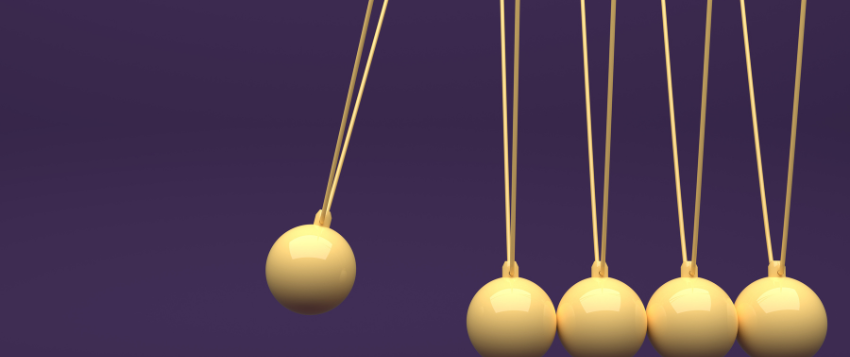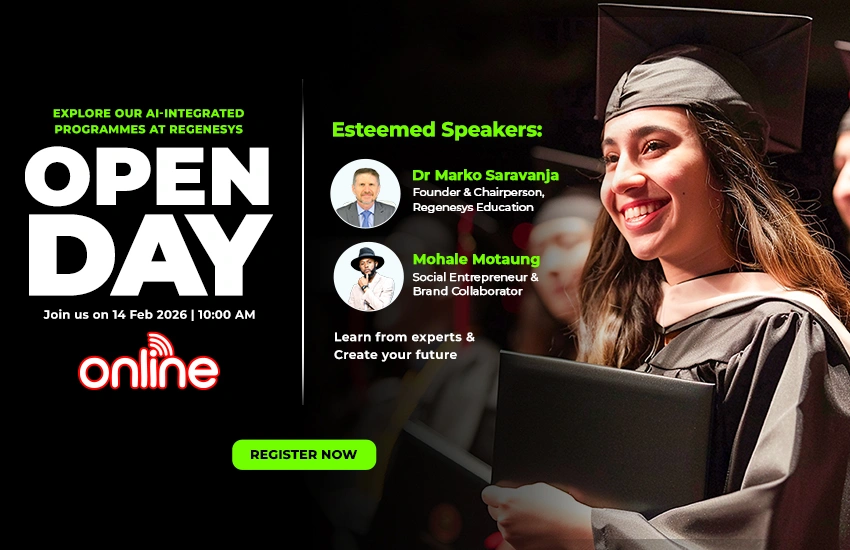Earlier this month, on 5 October, the world marked World Teachers’ Day. The theme focused on recasting teaching as a collaborative profession, which is another way of saying that everyday teamwork among educators is a lever for better teaching and stronger schools. UNESCO framed the case clearly: collaboration should run through initial preparation, practicum, induction and ongoing professional learning because it drives teacher growth and system improvement.
The reality we have to name

Collaboration is not a nice-to-have in South Africa. It is a response to pressure. Fewer matric learners have been choosing Mathematics, sliding from about 46 percent of candidates in 2011 to 34 percent in 2023, and in 2024 the number of learners registered for Mathematics fell again to 255,762 from 268,100 the year before. Those figures point to narrowing pathways into high-demand fields like engineering, accounting and data science.
Resource gaps make the job harder. Out of 22,511 public schools, 18,551 have no laboratories and 16,648 have no libraries. That is more than 80 percent without labs and roughly three quarters without libraries. It is difficult to teach Physical Sciences without a lab and hard to build reading stamina without a functional library. These constraints fall heaviest on under-resourced communities and they limit subject choices long before Grade 12.
Recent reporting around World Teachers’ Day also surfaced three plain requests from education stakeholders. Invest in the basics that make learning possible. Treat teachers with respect. Collaborate across sectors so families, communities and higher education providers are not bystanders but partners. Inside Education’s coverage captured those points and called for closer engagement with universities on the development of the teachers the future demands.
What collaboration looks like at scale

If we keep it practical, collaboration at scale is visible in a few simple routines. Subject teams meet on a schedule to design or moderate common tasks so expectations are aligned across classes and grades. School networks pool scarce equipment and plan low-cost practicals so Physical Sciences and Technology are not abandoned where labs are missing. District or cluster communities run short, focused cycles where teachers try a strategy, look at evidence together and adjust next week’s plan. Parents and communities help secure calm, respectful environments so teaching time is not lost to preventable disruptions. This is the spirit of this year’s World Teachers’ Day and it matches the research signal from TALIS 2024, which links stronger professional relationships to better teacher wellbeing and the conditions that help teachers meet their lesson aims.
How Regenesys School of Education is building the habit

Talk only matters when it shows up in timetables and habits. Our Bachelor of Education in Senior Phase and Further Education and Training Teaching is built so collaboration becomes everyday practice from year one. It is a four-year NQF Level 7 degree with 525 credits, preparing teachers for Grades 7 to 12, with two specialisation routes that strengthen real subject teams in Science and Technology, or in Business and Management.
From the start, student-teachers plan units in small groups, align to the curriculum and build shared resource banks they keep refining. School placements run in short, repeatable cycles where you set a focus, teach, gather evidence, debrief with a mentor, refine and try again. In the upper years, action research turns classroom questions into simple tests and evidence into decisions the whole cohort can use the following week. By graduation, co-planning, open classrooms and clean feedback are second nature. That is the habit set schools need if we want more learners choosing Mathematics, Physical Sciences and Business subjects despite the resource gaps many schools still face.
What changes when this takes root
Schools get beginners who can teach their subjects well and work well with others. Learners experience clearer expectations, steadier routines and faster support. Heads of department spend less time rebuilding culture because open practice is normal. Over time, collaboration raises both the floor and the ceiling of performance, which is consistent with the broader TALIS 2024 synthesis on professional relationships and sustaining the profession.
Keep the momentum beyond the day

World Teachers’ Day is celebrated annually on the 5th of October, but that does not mean we only focus on teachers’ impact and needs once a year. The people who teach our children to think, reason and create deserve consistent support, protected time to collaborate and preparation that fits real South African classrooms. The figures on declining Mathematics enrolment and the absence of laboratories and libraries are not reasons to give up. They are reasons to double down on collaboration while we keep pushing for the investment that learners deserve. If you want to be part of a solution that is practical and immediate, start where the change begins and prepare to teach in company through the Bachelor of Education in Senior Phase and FET Teaching. Arrive ready to plan with colleagues, open your classroom to feedback and make visible gains with your learners.







